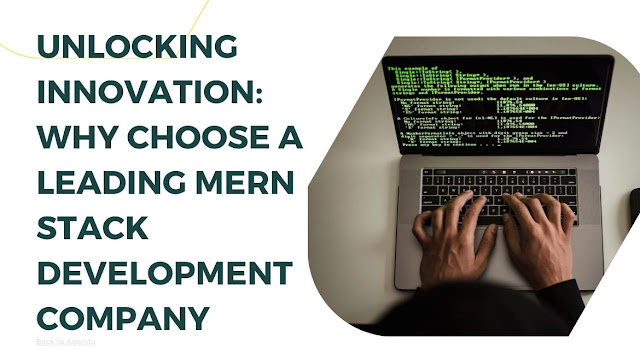Top Benefits of EV Charging Management Software
Smart EV charging infrastructure can contribute to a corporate sustainability strategy. Smart software provides a dashboard that displays energy usage, helps utilities calculate carbon offsets, and helps synchronize charging with cleaner energy. The software can also pause charging while high-emission energy is being generated. Smart EV charging software also helps utilities incorporate renewable energy into the electric grid.
Here are the top benefits of smart EV charging infrastructure.
Reduces peak loads
The benefits of using managed charging are clear. These programs allow fleet owners to reduce energy costs, reduce peak loads, and take advantage of time-of-use pricing. Additionally, the software can improve efficiency for businesses. It can help a fleet run more smoothly, especially if there is a strained grid. Listed below are some of the most common benefits of managed charging. Learn more about this innovative technology below.
HybridOS prioritizes the cheapest energy by minding the constraints of existing electrical equipment. The software also prioritizes the preferences of individual drivers and compensates them appropriately. HybridOS automates the charging and discharging process and maximizes the EV network with existing utility services. The resulting optimization process saves on utility service upgrades and increases uptime. It also minimizes peak power, thereby extending the lifetime of the utility network.
Automates data entry
Charge point management software automates data entry for monthly reporting and monitoring. The software tracks electricity consumption for electric vehicles, revenue, payments, and maintenance costs. It can also produce reports for billing and auditing purposes. The software also serves as a central hub for information about usage patterns and times. In this way, it can help keep track of data and identify patterns and improve management practices. The software also helps reduce the number of manual data entry tasks.
The rapid adoption of electric vehicles (EVs) has created a flood of new data streams. While most charging stations are owned by private entities, network providers and digital platforms hold most of the real-time EV data. Record linkage and data aggregation costs are high, and high-resolution data is needed for smart grid and transportation policy-making. Unfortunately, these data are expensive to obtain unless government transportation surveys are conducted. Furthermore, most EV charging stations are not sub-metered and do not integrate with the rest of the electric grid.
Automates reporting
EV charging management software has several benefits, including automated data entry, monthly reporting, and automated maintenance. It can track electric vehicle usage, revenue, payments, and maintenance costs, and generate reports for billing and auditing. The software also serves as an information hub, providing useful data about charging patterns and times. Listed below are a few features of the EV charging management system. Read on to learn how it works and how to get started with it.
EV charging management software supports real-time status reporting of all the charging stations in a network. Moreover, it helps operators balance power requirements with the available electrical grid. Increasing numbers of EV charging stations will place greater pressure on existing electrical infrastructure. Good EV charging management software also monitors the charging process of every vehicle in the network. Real-time energy production, load balancing, and electrical infrastructure capabilities are among other features.
Reduces capital and operational costs
A backend system management software helps operators optimize their infrastructure by collecting data on charging station usage. Using an analysis tool, it detects trends and optimizes the entire network infrastructure. It also helps identify customer behavior and energy management to maximize profitability and improve customer satisfaction. In addition, Driivz AMS automates transaction and technical issue detection 24X7, eliminating the need for a technician to perform troubleshooting.
Smart charging technology makes use of unused power from a car battery, reducing the charge rate and increasing efficiency. The system also helps consumers recharge during off-peak hours at rates one-third to one-half of peak-hour prices. This reduces electric utility grid congestion while lowering costs for consumers. An intelligent charging system also enables scheduling charging based on power constraints, letting operators sell unused power back to the grid to reduce grid congestion.
Incentivizes good behavior
Electric vehicle charging management software can help utilities and other companies improve their operations by reducing peak electricity demand, building out generation and distribution infrastructure, and maximizing renewable energy resources. A recent study analyzed charging data from a real-world pilot program. It looked at six use cases, optimization signals, and driver incentives. Using these insights, utilities and EV charging management software can better serve the public and improve the environment.
The planning designers evaluated the technical feasibility of managed charging for residential customers, as well as whether customers were willing to trust their utilities to control their electric vehicles. They also looked at the regulatory history of the state to determine the boundaries of experimentation. For example, utilities could focus on enrollment or participation incentives as the most effective approach to lowering energy costs. Despite these challenges, the study found that 70% of EV drivers had switched to off-peak charging after two years of study.
.png)



Comments
Post a Comment